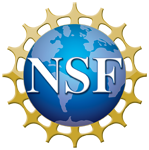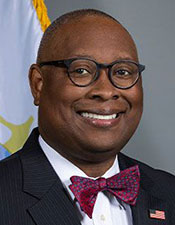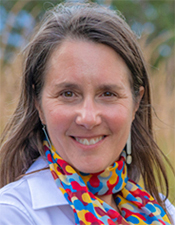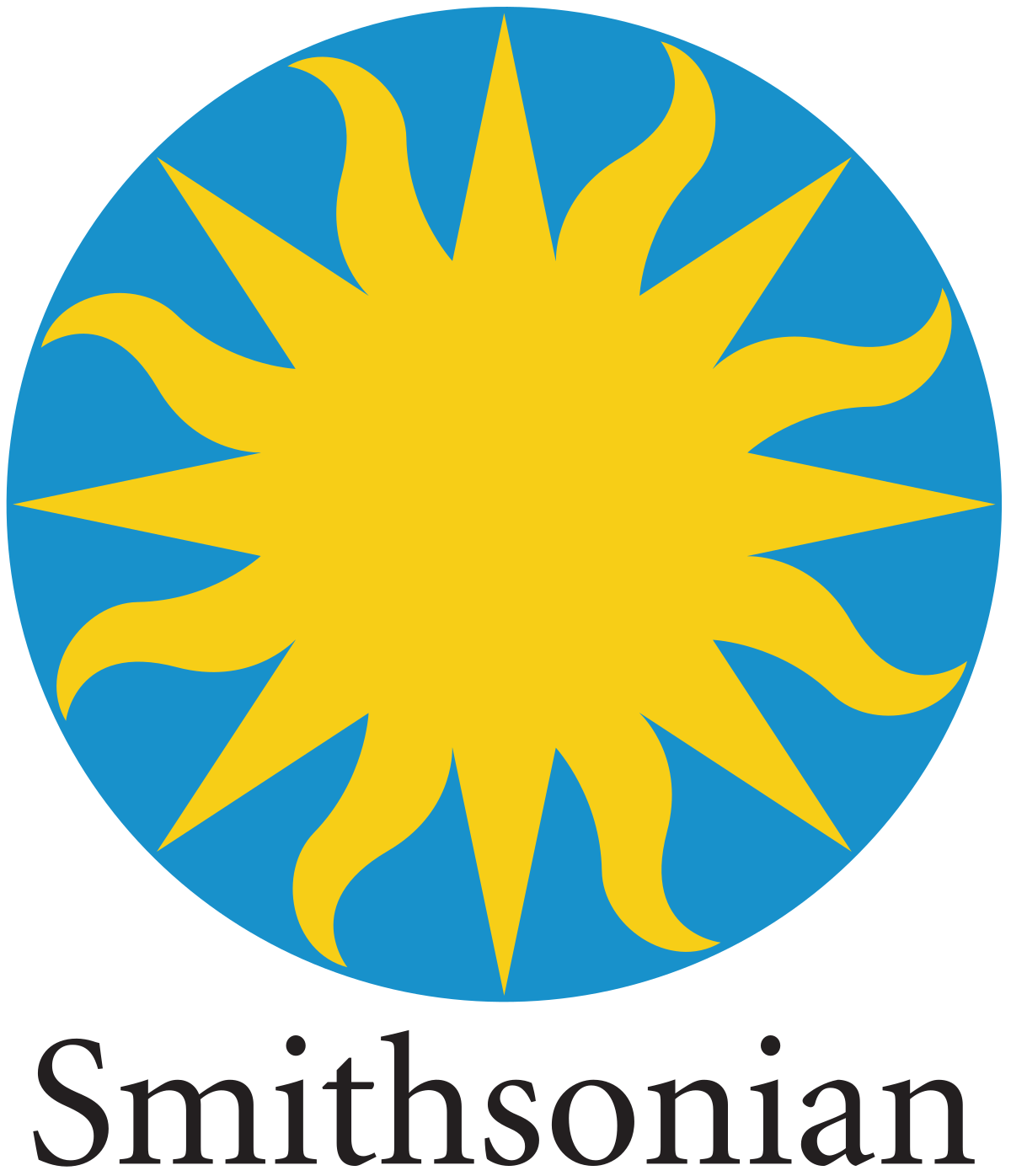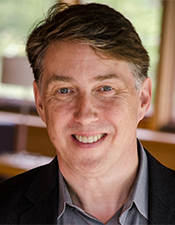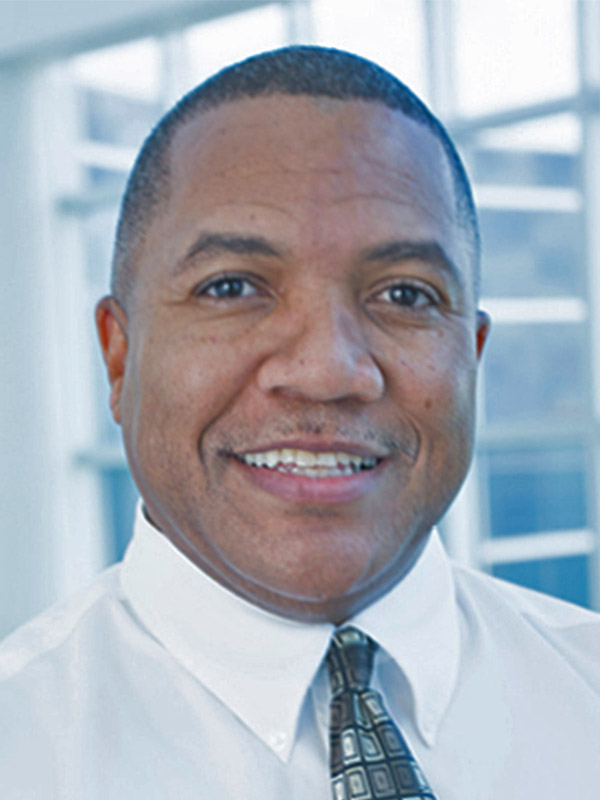Please share this with your broad community. The deadline to submit, December 16th, 2022, is coming quickly. This is a great time to "think outside the box."
What is the Golden Goose Award?
The Golden Goose Award honors federally funded researchers whose work may sound silly, odd, obscure, wasteful of taxpayer funding, or serendipitous, but has had a major positive impact on society. Learn more about our 2022 awardees and their stories.
How do I submit a nomination?
Follow this link; the form is easy! Tell us who you are nominating, why their work sounds odd or obscure, what impact the research has had, and which U.S. federal agency funded the work. Anyone can submit a nomination.
Is there a nominations deadline?
We accept nominations on a rolling basis throughout the year, but for the best chance to be considered for the 2023 award, submit by December 16, 2022. Nominations received after that date will be considered in future years.
How else can I help?
Glad you asked. Forward this notice far and wide, add a blurb about the Golden Goose Award to your organization’s newsletter or email list, share in a social media post, and/or consider a donation or sponsorship to support the award in 2023. We want to raise awareness about this honor in as many science, engineering, and science enthusiast communities as possible. Every share, post, write-up, or donation makes a difference.
Where can I learn more?
Contact us here or visit our website www.goldengooseaward.org for more information.
- Join
- About
- My CSSP
- Outreach & Awards
- Leadership Notes
- Awards
- Policy Statements
- Advocacy
- Fellows Program
- Kavli Lectures
- Frontiers of Science Speakers
- Leadership Resources
- News
- Events
- Give
- Contact Us
- Home



